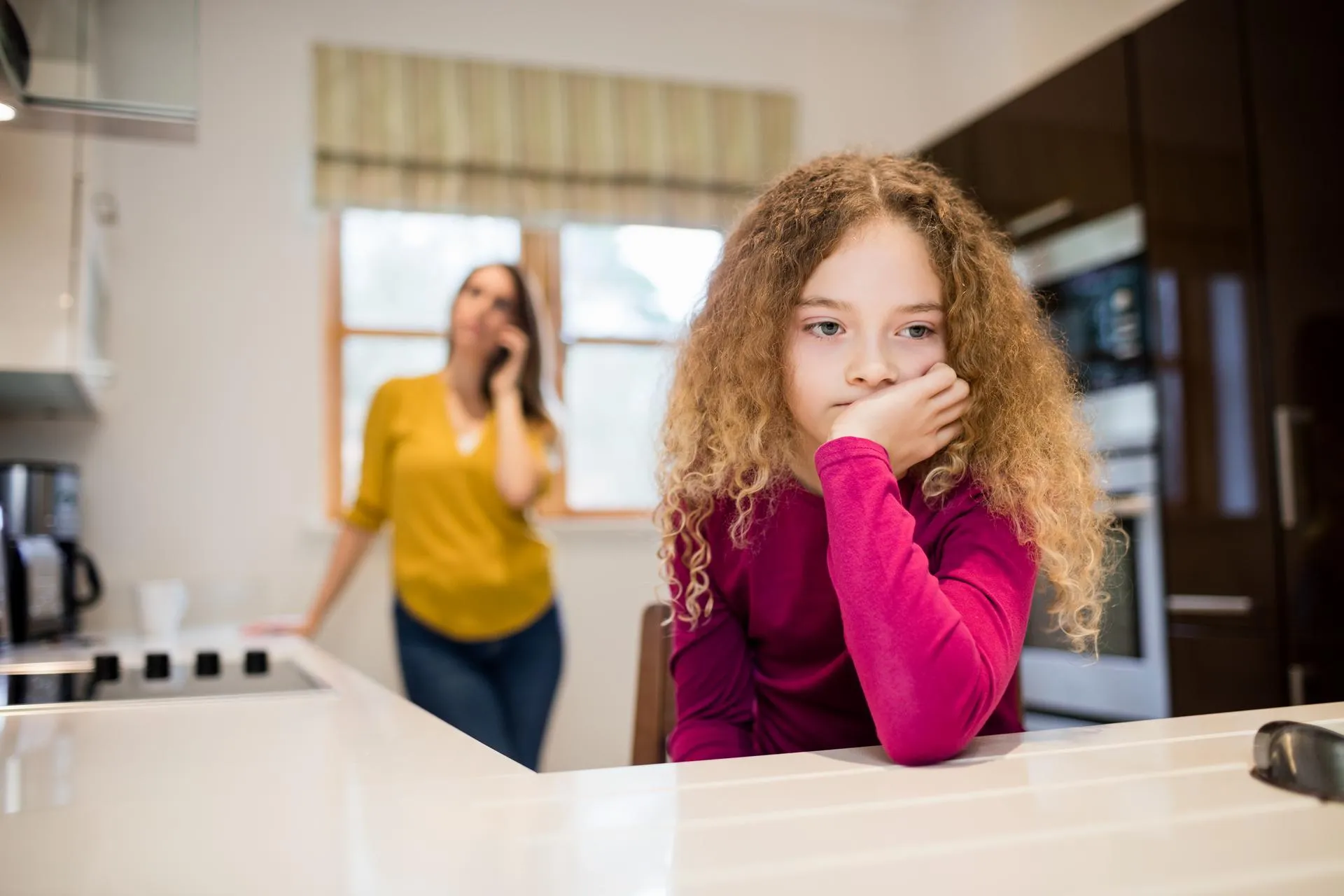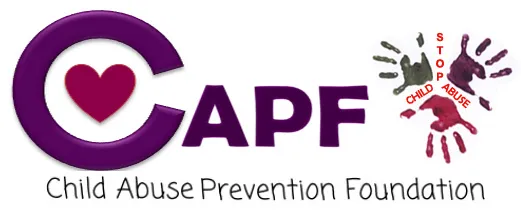Parenting Styles
Researchers have identified four types of parenting styles
Authoritative Parenting
Authoritative parenting is a parenting style characterized by high responsiveness and high demands. Authoritative parents are responsive to the child’s emotional needs while having high standards. They set limits and are very consistent in enforcing boundaries. Authoritative parenting includes:
- Administering fair and consistent discipline when rules are broken.
- Allowing their children to express opinions.
- Encouraging their children to discuss options.
- Expressing warmth and nurturing.
- Fostering independence and reasoning.
- Listening to their children.
- Placing limits, consequences, and expectations on their children’s behaviour.
Effects on Children
Children of authoritative parents:
- Are self-confident about their abilities to learn new things.
- Develop good social skills.
- Have good emotional control and regulation.
- Tend to have happier dispositions.


Authoritarian Parenting
The authoritarian parenting style is about being strict and stern. It insists on unquestioning obedience, and enforces good behaviour through threats, shaming, and other punishments. As defined by psychologists, it is also a style associated with less parental warmth and responsiveness. When feedback does occur, it is often negative. Yelling and corporal punishment are also common in the authoritarian style. Authoritarian parents:
- Do not encourage verbal give-and-take.
- Expect their orders to be obeyed without question.
- Do not usually attempt to explain the reasons for rules.
- Tend to control their children through shaming, the withdrawal of love, or other punishments.
- Authoritarian parents do not trust their children to make good choices. They hover over their kids in order to ensure that they do not make mistakes.
Effects on Children
Parenting styles have been associated with a variety of child outcomes including social skills and academic performance. The children of authoritarian parents may:
- Associate obedience and success with love.
- Display more aggressive behaviour outside the home.
- Act fearful or overly shy around others.
- Have lower self-esteem.
- Have difficulty in social situations due to a lack of social competence.
- Conform easily, yet also suffer from depression and anxiety.
- Struggle with self-control because they are rarely able to make choices and experience natural consequences.
Permissive Parenting
Permissive or Indulgent parents mostly let their children do what they want, and offer limited guidance or direction. They are more like friends than parents. Permissive parents:
- have discipline style is the opposite of strict.
- They have limited or no rules and mostly let children figure problems out on their own.
- Communication is open but these parents let children decide for themselves rather than giving direction.
- Parents in this category tend to be warm and nurturing.
- Expectations are typically minimal or not set by these parents.
Effects on Children
- Display low achievement in many areas.
- Make poor decisions.
- May be more prone to delinquency and substance use.
- Show more aggression and less emotional understanding.
- Unable to manage their time or habits.


Uninvolved Parenting
Uninvolved parenting, sometimes referred to as neglectful parenting, is a style characterized by a lack of responsiveness to a child’s needs. Uninvolved parents make few to no demands of their children and they are often indifferent, dismissive, or even completely neglectful.
Some uninvolved parents may be downright neglectful or even reject their children outright. Kids might be given the bare minimum they need for survival, such as shelter, nourishment, and clothing, yet little or nothing in the way of guidance or affection. Uninvolved parents:
- May still have some basic limits such as curfews.
- Act emotionally distant from their children.
- Limit interactions with their children because they are too overwhelmed by their own problems.
- Provide little or no supervision.
- Set few or no expectations or demands for behaviour.
- Show little warmth, love, and affection towards their children.
- Skip school events and parent-teacher conferences.
Effects on Children
- Anxious or stressed due to the lack of family support.
- Are emotionally withdrawn.
- Fear becoming dependent on other people.
- Have an increased risk of substance abuse.
- Must learn to provide for themselves.
- Tend to exhibit more delinquency during adolescence.

Support us in preventing child abuse
Because all children deserve to have big smiles on their face

What we do

Workshops



